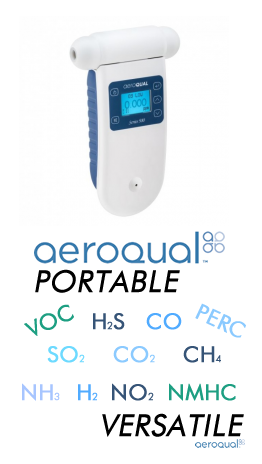Hydrogen Peroxide Information

Hydrogen Peroxide:
|
Other Names |
Oxydol; Perhydrol |
|
Chemical Formula |
H2O2 |
|
CAS Number |
7722-84-1 |
|
Industry Uses |
Anti-Infective; Ripening Agent; Bleach |
|
Health Risks |
Irritation of eyes and mucous membranes; Dermal Burns |
|
Vapor Pressure |
1.97 mmHg |
|
Water Solubility |
Miscible |
|
Flammability |
Not-Flammable |
|
Odor |
Pungent, Irritating |
What is Hydrogen Peroxide:
Hydrogen Peroxide is a very pale blue liquid which appears colorless in solution. It is a weak acid with strong oxidizing properties making it a powerful bleaching agent. Hydrogen Peroxide is a component of living cells, playing a role in host defense and oxidative bio-synthetic reactions. Peroxide also plays an important role in cancer development. Hydrogen Peroxide is unstable, readily decomposing to oxygen and water with a release of heat. It is non-flammable but as a strong oxidizer, it can cause spontaneous combustion when it contacts organic material.
Hydrogen Peroxide Exposure and Health Risks:
Hydrogen Peroxide is an irritant; its vapors may irritate the eyes and mucous membranes. Gas may explode if heated under pressure. Hydrogen Peroxide is harmful if swallowed or inhaled. Inhalation can cause respiratory irritation. Direct contact with high concentrations or high exposure of hydrogen peroxide may cause severe dermal burns and eye damage. Hydrogen Peroxide has been verified to be of low concern to the environment.
Regulations:
The table below summarizes the most-recent exposure limits.
|
Limit/Level |
Type |
Organization |
|
1 ppm |
TWA (8 hrs) |
OSHA |
|
1 ppm |
TWA (8 hrs) |
NIOSH |
Measuring Hydrogen Peroxide:
Hydrogen Peroxide concentration can be measured in air or in water (dissolved) in units of parts per million (ppm). Many of our products have digital communication capabilities for easy monitoring and control. We carry portable, fixed, and dissolved hydrogen peroxide monitors and kits. All of our hydrogen peroxide products can be viewed HERE.
What type of component are you looking for?
| Fixed Mount | Handheld | Dissolved Kits: | Replacement Sensors: | Calibration Gas: | Rentals: |
 |
 |
 |
 |
 |
 |
All sensors require a yearly calibration to ensure your gas measurements are accurate and performing within manufacturer standards. This page is desiccated to the individual manufacturers we represent and their specific calibration procedures.
**Calibration Service Request Form **
|
Calibration costs do vary, see below to get an estimate: Calibration Fee: $150 Analyzer Calibration Fee: $300 PM Calibration Sensor Fee: $330 Genie Calibration Fee: $265 ATI Calibration Fee: $205 ** note that prices are subject to change per labor and parts required. |
Contact us for help choosing the right monitor for your application

















